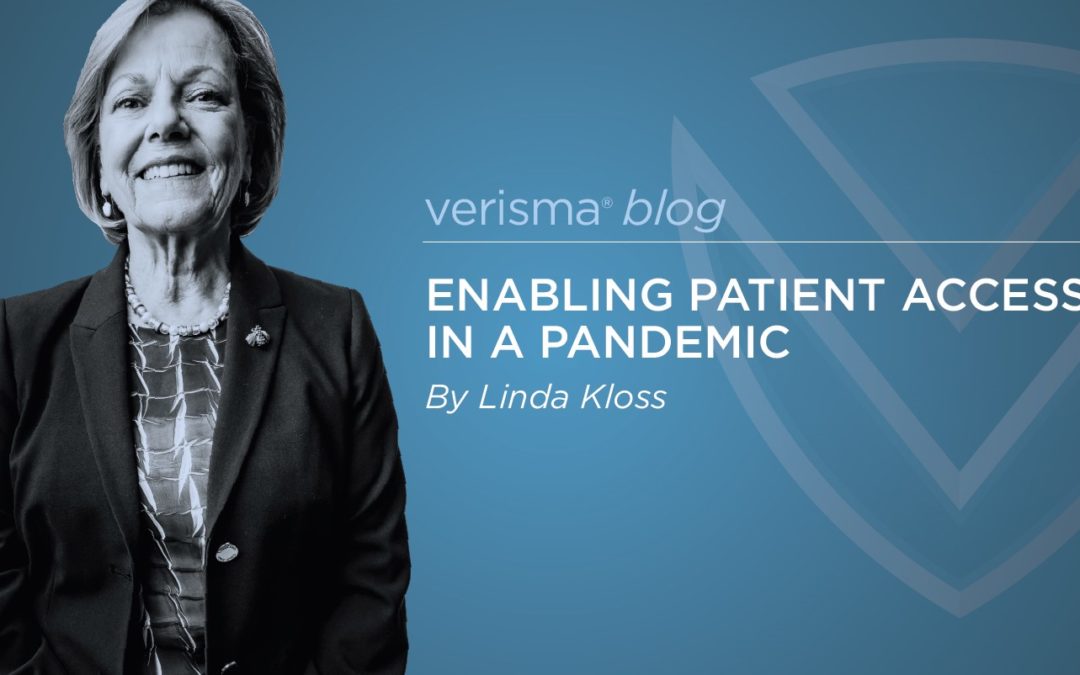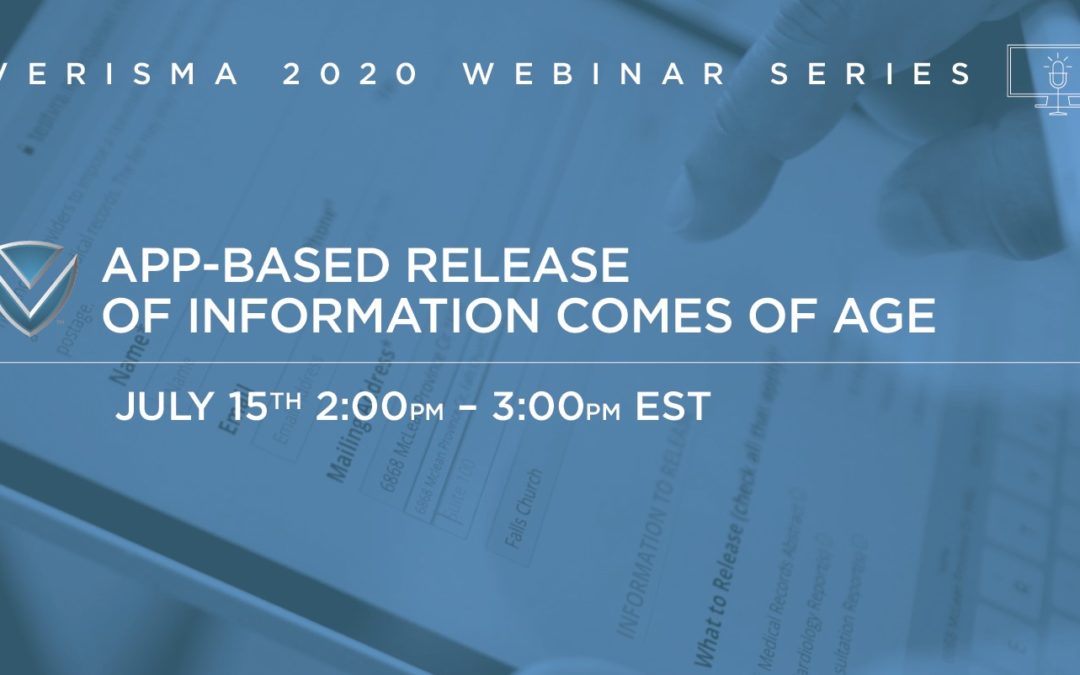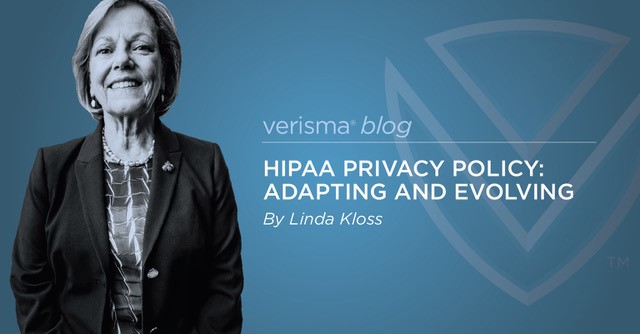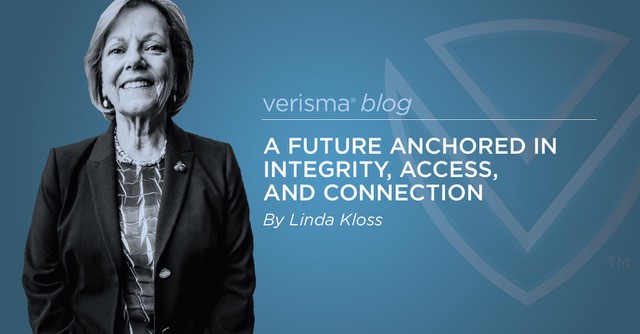
Enabling Patient Access in a Pandemic
The tragic surge in coronavirus cases and deaths continues through the long hot summer. Healthcare systems are fully focused on caring for pandemic victims and the health of our communities. We witness heroism every day in lives saved, new treatments, and compassionate attention to peoples’ needs. And we are proud to have health care as our life’s work. While we may not directly treat a person’s illness, we know that managing their health information is an essential element of managing illness and promoting health, including public health.
We are in a time of profound personal and professional uncertainty. Decisions require continually adjusting assessments of risks about how to protect ourselves and our families and in making sound business decisions. There have been furloughs and layoffs due to shifting patient care services and workloads. Work from home is the new normal for many more in HIM. Workflows and procedures have been redesigned to adapt to physical distancing. Long days and nights of work and uncertainty.
Against this background it is great to learn about an innovation that offers demonstrated benefit now and will also be an important bridge to a new era. That innovation is the Verisma Request App (VRA). Reggie Abadsantos, RHIT, HIM Operations Supervisor, NCH Healthcare System, Naples Florida was guest speaker at the July 15 webinar “App-Based Release of Information Comes of Age.”[i] NCH implemented VRA in 2018 to improve patient satisfaction with a convenient and secure web-based method to obtain their health records.
With VRA and a centralized ROI workflow firmly in place, Reggie described how NCH quickly adapted to physical distancing and work from home without missing a beat in patient access. When walk in services were abruptly suspended in March, patients were redirected to the web App. Patients could use their smart phone, tablet, laptop, or desktop to request their medical records; and like any App, it is available 24/7. VRA enables the request, authorization, and authentication process, creating a complete record that feeds the release of information management software and triggers the release. NCH consistently averages a 24 to 48 hour turnaround in fulfilling patient requests! This performance level was not disrupted as NCH responded to COVID-19 and the volume of requests via VRA increased sharply.
Serving an elderly population, Reggie reports that having reduced paper and fax processing, team members are freed up to help patients who may need telephone assistance in walking through the use of the App. For people who wish to pick up a physical copy of their health record or imaging, NCH offers a curb-side delivery service. These unique ways to serve patients are consistent with NCH’s 2018 service goals for VRA.
We spotlighted NewYork-Presbyterian Hospital’s journey with VRA last October before New York City was the epicenter of the pandemic.[ii] We revisited NYP’s experiences in April in the midst of the surge. Like NCH, NYP was able to send staff home, close walk in service, yet continue to enable timely patient access.[iii] In fact, in the past 2 months, 20+ health systems comprising over 1500 sites of care, are now live with VRA to mitigate the impact of closed request services and work from home. Further, the rate releasing e-records rather than paper, has significantly increased. VRA fulfills the requirements of HIM for completeness, security, compliance and cost-effectiveness. And when integrated with a comprehensive ROI workflow platform, it creates a seamless record of the request and its fulfillment.
Times of great challenge bring innovation. Apps are no longer disruptive technology, but their application to Release of Information is! VRA’s value was well demonstrated as a popular adjunct request route prior to the pandemic. The pandemic has shown that VRA is the right technology for the time and for the future. Health systems report that they will rethink walk up services, paper requests, faxing, and release of paper documents when physical distancing is no longer needed. They have learned we can do a better job in enabling patient access while strengthening business goals such as patient satisfaction, compliance, and cost effectiveness. Release of Information will never be the same…it will be vastly improved.
[i] www.Verisma.com: July 15, 2020 webinar “App based Release of Information Comes of Age”
[ii] www.Verisma.com: October 30, 2019 webinar “There’s an App for That! Connecting People with their Health Information”
[iii] www.Verisma.com: April 29, 2020 webinar “COVID-19 Response: Emerging Best Practices for Health Information Disclosure Management- Part 2”



